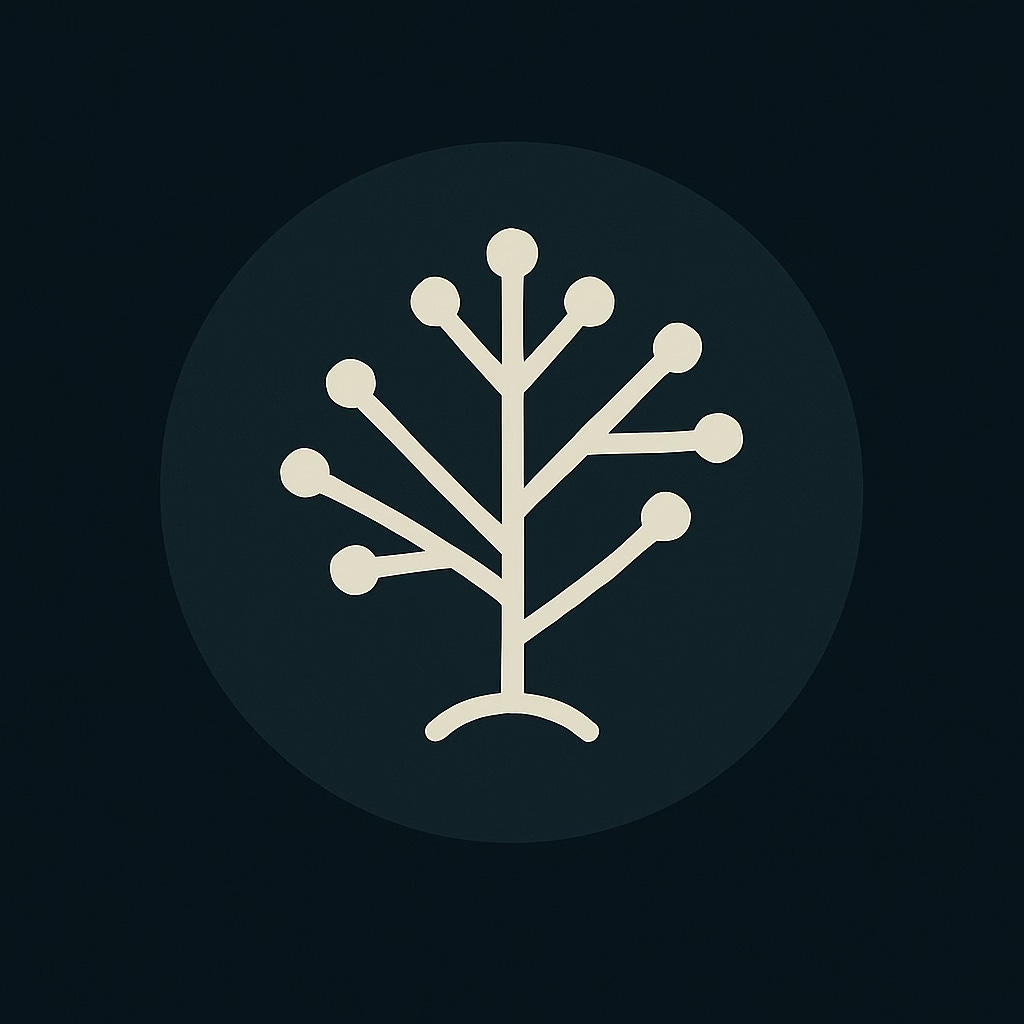What’s in a Code?
How the DNA of our land and seas holds the keys to tomorrow.
Biocodes Aotearoa - Post 1 in the “Decoding Sovereignty” series
Introduction
Somewhere, in the still waters of Fiordland, a tiny thread of life drifts unseen.
A single-celled organism, invisible to the naked eye, has lived here for millions of years. In its DNA are instructions honed by deep time — blueprints for survival in cold, dark, high-pressure depths.
To most of us, it’s just another hidden fragment of the ocean’s vast biodiversity.
To a researcher, it might be the missing link to a medical breakthrough.
To a nation, it’s part of an inheritance we barely understand.
These fragments — these biocodes — are nature’s original ledger. They record the history of life, but they also hint at future possibilities: new medicines, climate-resilient crops, enzymes that replace petrochemicals. In the language of our time, they are data. But unlike any other dataset, this one is alive. It breathes through our forests, flows through our rivers, and swims in our seas.
Why the term “biocode”?
Because in an age where everything is being digitised — from books to bank accounts — the genetic code of living things is becoming part of a new digital frontier. When read, sequenced, and shared, it can be transformed into insight, innovation, and (if handled wisely) intergenerational wealth.
But without governance, this wealth can leak away — just as easily as a file can be copied and sent overseas. Around the world, biodiversity has been sampled, sequenced, and commercialised with little or no return to the nations, communities, or ecosystems of origin.
The sovereignty question
This is why Biocodes Aotearoa exists.
To ask a simple but profound question: How do we ensure that the living genetic heritage of Aotearoa remains a source of sovereignty, not just a source of extraction?
This isn’t just about protecting nature for its own sake — though that alone is reason enough. It’s about ensuring that any benefits flowing from the use of our biodiversity, from the smallest microbe to the tallest kauri, are shared equitably and reinvested in the wellbeing of our people and ecosystems.
A living ledger
Imagine if every species in Aotearoa was not only protected, but accounted for — its genomic fingerprint registered, its potential benefits secured under agreements that ensure fair and transparent returns.
This is the vision of the Biocodes of Sovereignty — a framework that treats nature as a foundational shareholder in our shared future.
We’re still in the incubation phase. Partnerships are forming. Ideas are being refined. But the goal is clear: to bridge science, law, and community in a way that honours both our whakapapa and our responsibility to future generations.
An open invitation
Over the coming weeks, we’ll explore this idea from different angles — the science behind environmental DNA, the global shift toward biodiversity data governance, and the pathways to building a regenerative bioeconomy.
For now, we leave you with this thought:
If every living thing in Aotearoa carries a unique biocode, then sovereignty is not just about land or water — it’s about the code of life itself. And it’s ours to protect.
Biocodes Aotearoa is an emerging initiative dedicated to safeguarding and stewarding the living genetic heritage of Aotearoa New Zealand. We invite researchers, iwi, innovators, and policymakers to join the conversation as we shape the path ahead.


